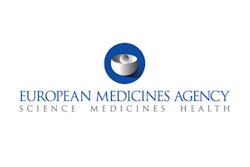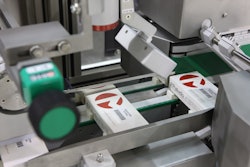Deficiencies in the physical facility, including flaws in the air handling system, and operational failures including inadequate quality control, insufficient employee training, and a lack of compliance with standard operating procedures were just a few of the problems FDA inspectors found at the National Institutes of Health Clinical Center Pharmacutical Development Section.
The inspection took place between May 19 and May 29, and found a series of deficiencies that will require the NIH Clinical Center to take a number of corrective actions, according to a press release.
The facility makes products for certain clinical research studies conducted in the hospital and collaborating facilities.
In April, two vials of albumin, used for the administration of the drug interleukin in experimental studies, were found to have fungal contamination. Vials made from the same batch were administered to six patients, although it is unknown whether those or other vials were contaminated.
The six patients have been notified and are being followed closely for any signs of infection. At this time, none has developed signs of infection or illness.
Operations at the location have been suspended no products will be made or distributed until all problems are fully understood and corrected, according to the release. Materials produced by the section are being systematically tested for contamination.
Of the participants in the 46 studies that are potentially affected, approximately 250 are currently scheduled to receive products manufactured by the PDS. NIH has notified the individual principal scientists responsible for each of those protocols, and is in the process of notifying the participants in these protocols. The vast majority of these patients are not immediately due for treatment and NIH is working to secure alternative sources for the products, the release explained.
“This is a distressing and unacceptable situation,” said NIH Director Francis S. Collins, M.D., Ph.D. “The fact that patients may have been put in harm’s way because of a failure to follow standard operating procedures in the NIH Clinical Center’s Pharmaceutical Development Section is deeply troubling."
NIH is expected to provide an interim corrective action plan to the FDA by June 19.






















